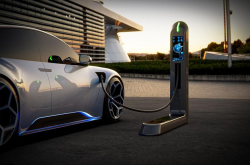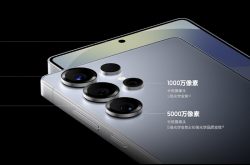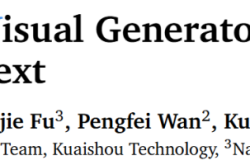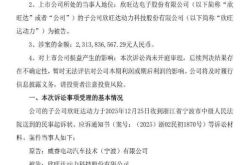Big Event: Unprecedented Alliance of BYD, SAIC, and Geely
![]() 01/26 2025
01/26 2025
![]() 566
566
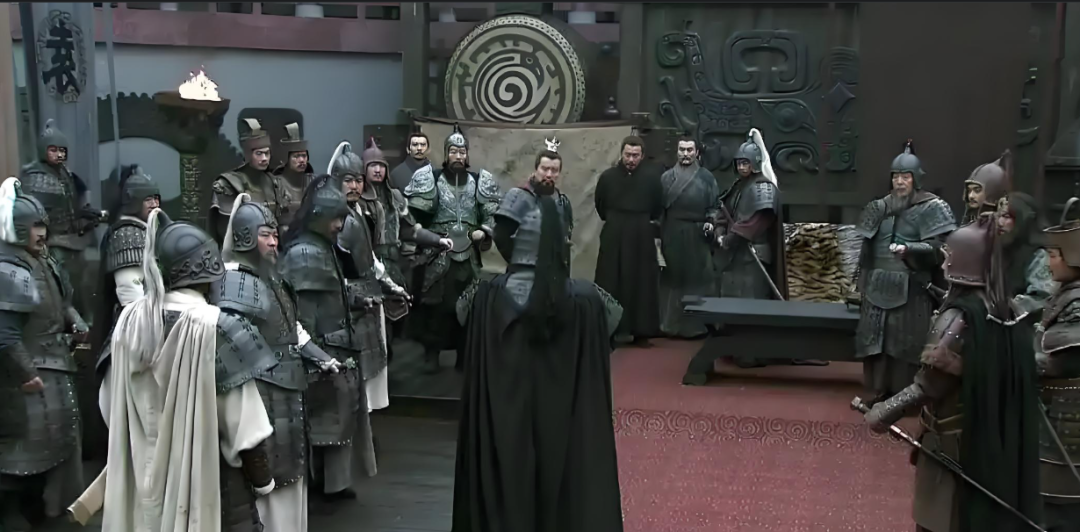
Mulinsen's Perspective
People, Cars, and the World
Witnessing the Ascent of China's Automotive Industry Together
BYD, SAIC, and Geely's unprecedented alliance in challenging the EU's tariffs is commendable.
Previously, the EU's suggestion of a private alliance among Chinese automakers was seen as a potential counter-intelligence maneuver.
01 Joint Appeal to the EU by BYD, SAIC, and Geely
According to Caixin News, SAIC, Geely, and BYD jointly filed lawsuits against the EU's imposition of anti-subsidy tariffs on January 21.
The synchronicity of their actions underscores the unity within China's automotive industry, as all three companies took legal action against the EU simultaneously.
Earlier media reports suggested that the EU was encouraging Chinese automakers to privately reach agreements, which could have disrupted China's regulatory authorities' negotiations with the EU.
Subsequently, online speculation swirled about who might have betrayed China's automotive industry and who had succumbed to EU pressure.
This concerted appeal by China's three leading automakers proves their continued solidarity.
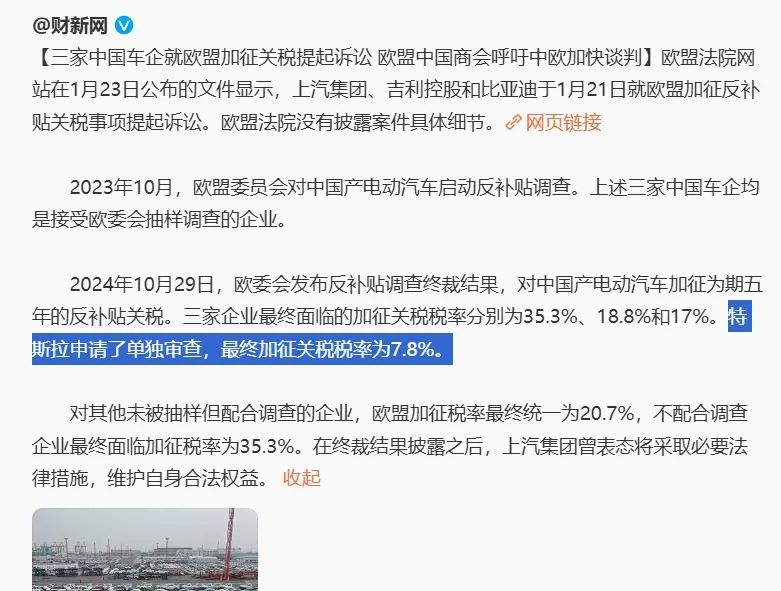
Notably, Tesla applied for individual review under the EU's tariff plan, resulting in a final tariff rate of 7.8%, according to Caixin News.
02 BYD: A Worthy Commendation
BYD's participation in this lawsuit is highly commendable.
Its commendation stems from BYD's willingness to forgo tariff advantages.

Among SAIC, Geely, and BYD, the EU imposed tariffs of 35.3%, 18.8%, and 17%, respectively.
BYD faces the lowest tariff rate among them.
With such differential tariff rates, BYD essentially enjoys a tariff advantage in the EU market. Given that the EU's mainstream new energy vehicle brands are predominantly Chinese, BYD's compliance with the EU's tariffs would have significantly aided it in outcompeting Chinese brands like SAIC and Geely. Instead, BYD, alongside SAIC and Geely, has filed a lawsuit against the EU, effectively challenging it publicly and risking further tariffs.
BYD may not be flawless, but this move embodies the true spirit of China's automakers.
03 The Crucial Role of Regulation
Regulators were vigilant against the EU's private encouragement of automakers to reach agreements. Consequently, in communications, regulators likely emphasized the need for a unified approach in dealing with the EU's tariff imposition.
Thus, it is plausible that regulators played a role in facilitating SAIC, BYD, and Geely's simultaneous appeals to the EU.
With clear regulatory guidance, it is believed that China's mainstream automakers will adhere to regulatory requirements.
In terms of substantive impact, the EU's tariff imposition plan on Chinese automobiles has already been implemented. Although Chinese automakers have filed lawsuits, they cannot prevent the tariffs from being imposed.
Given the Trump administration's policies, the EU is likely to be more proactive in responding to strategies aimed at containing Chinese electric vehicles.
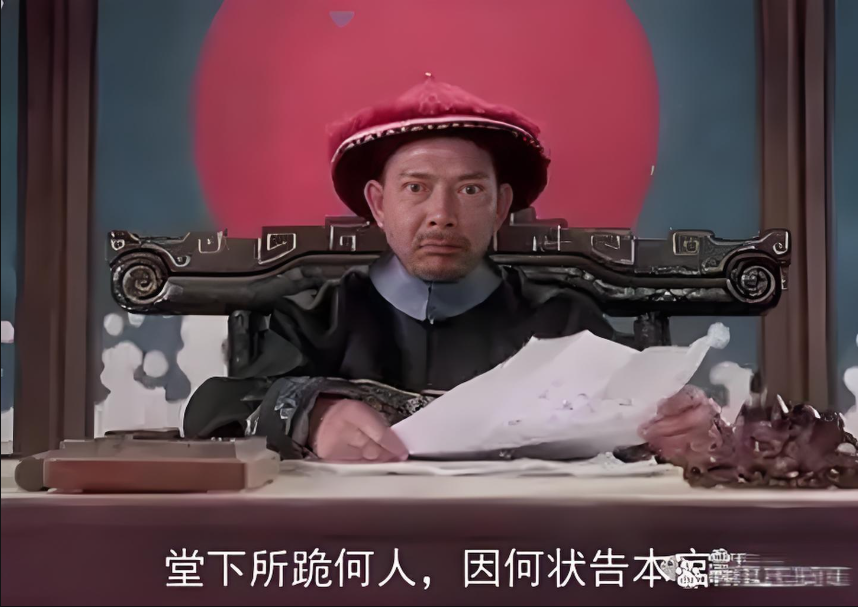
It is foreseeable that the symbolic impact of BYD, SAIC, and Geely's appeals outweighs their substantive effect.
The EU's tariff imposition will last for five years, while Trump's term was four years. Therefore, during these 4-5 years, Chinese automakers should not harbor unrealistic expectations about the EU market.
The inability to penetrate the EU market will intensify domestic market competition.
For automakers that continue to incur losses and have yet to complete their IPOs, the next 4-5 years will be a challenging period focused on "survival".

